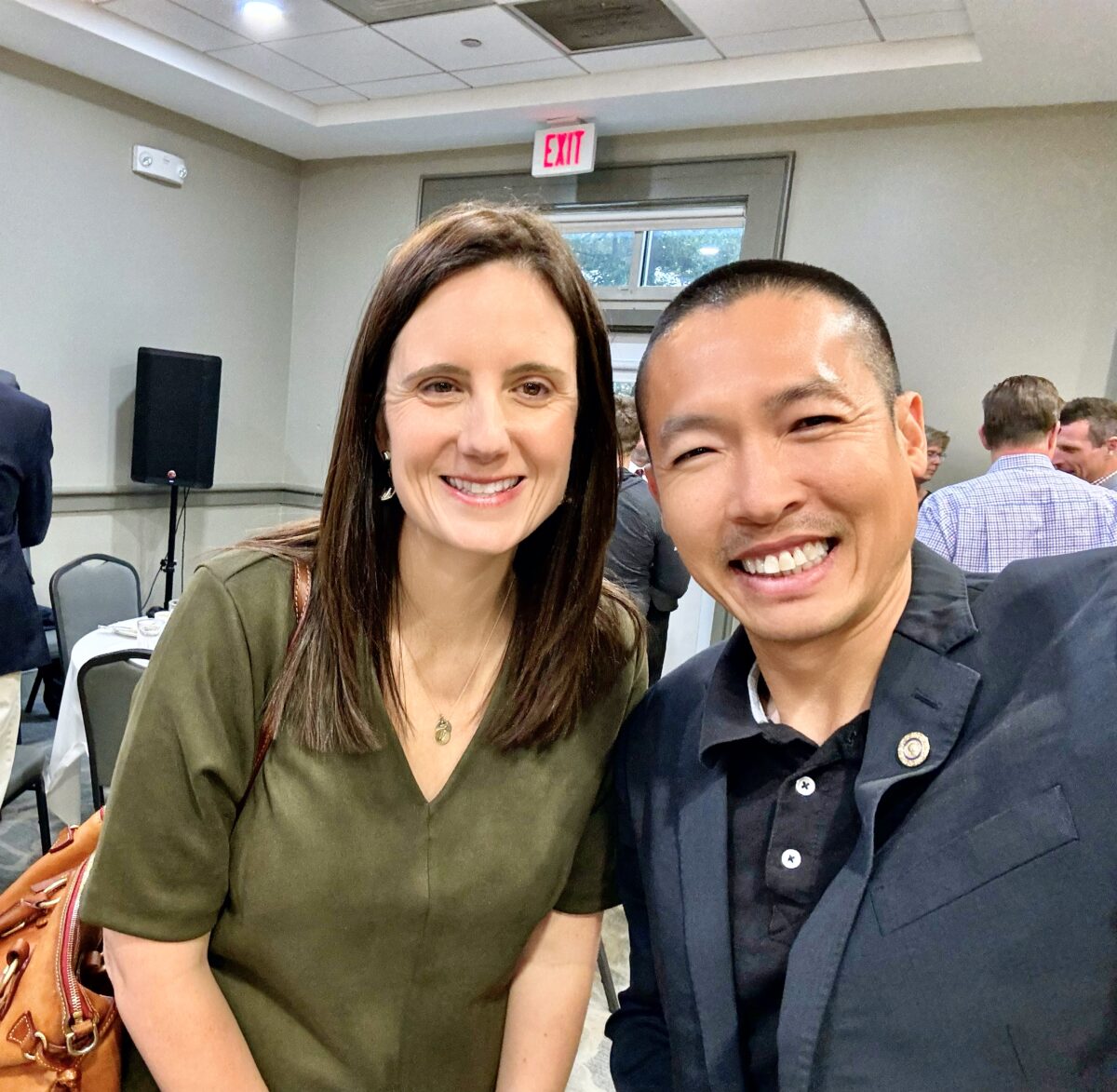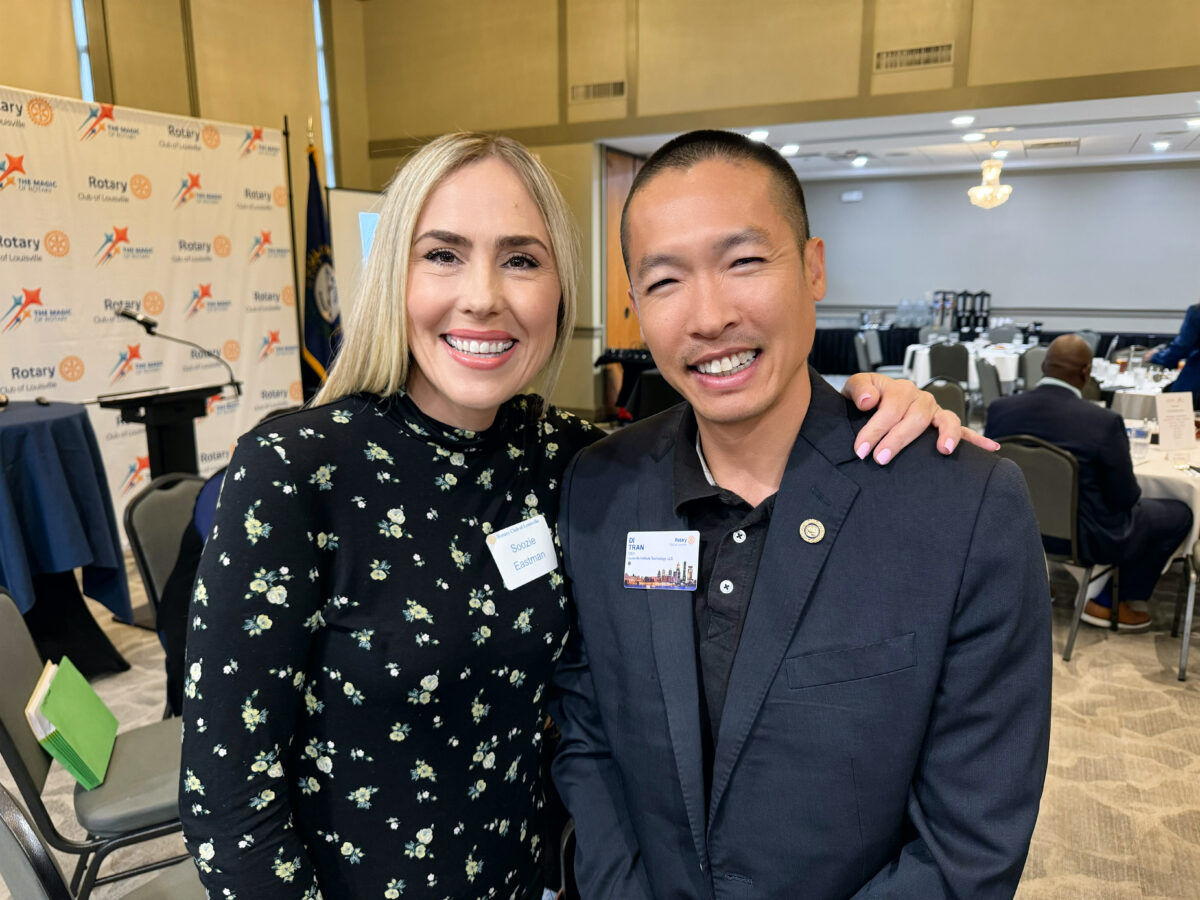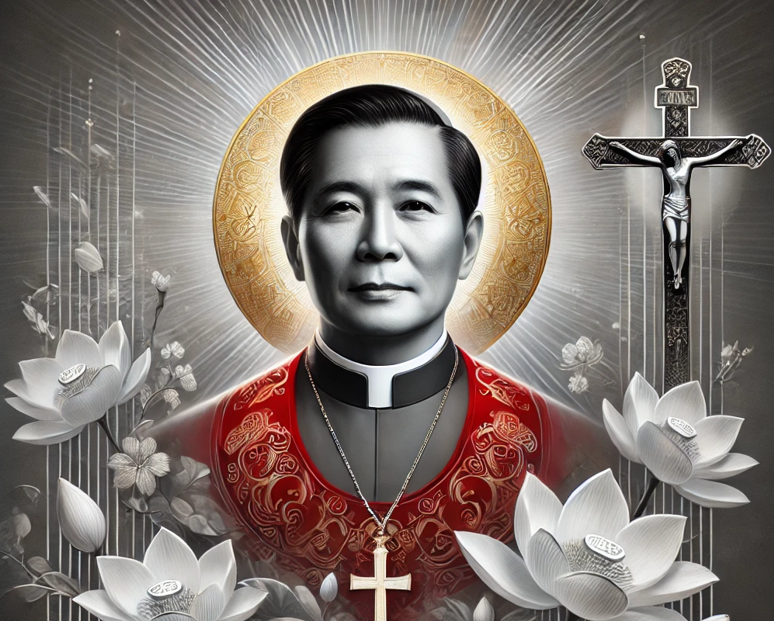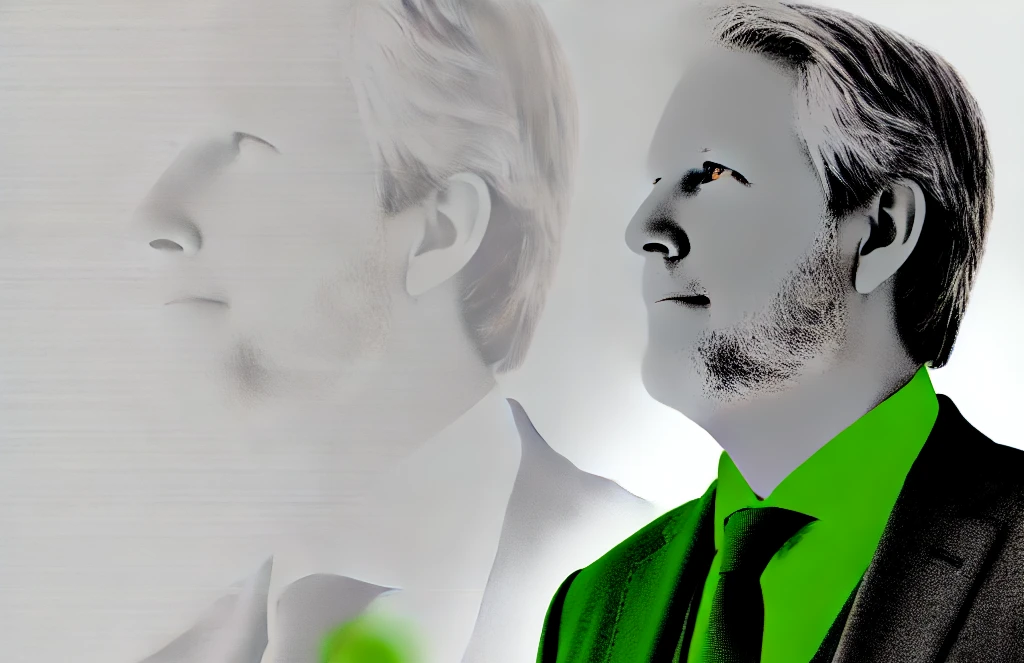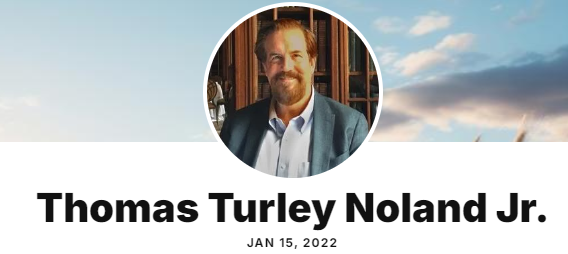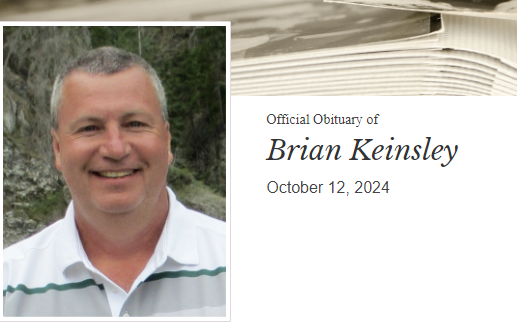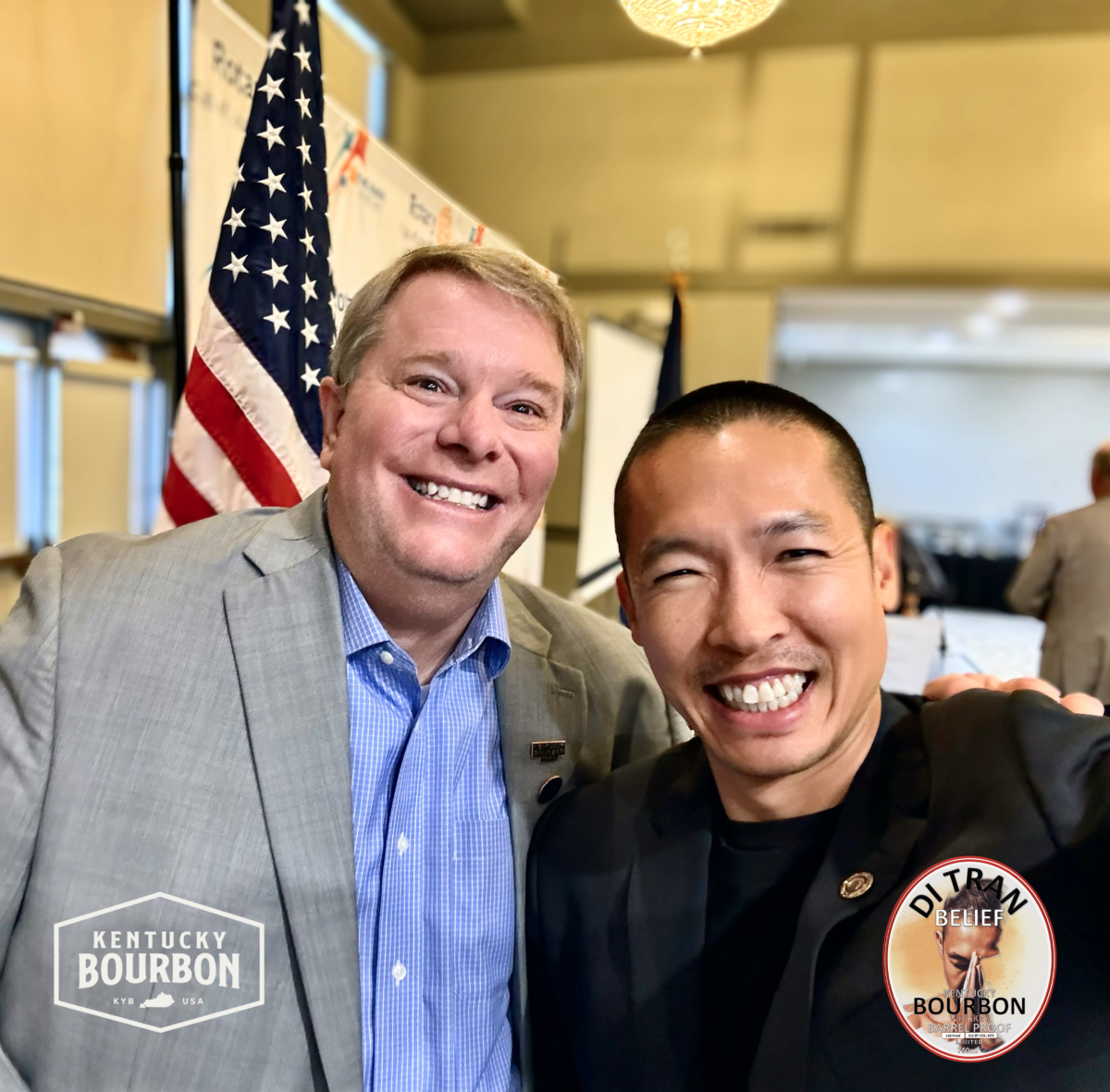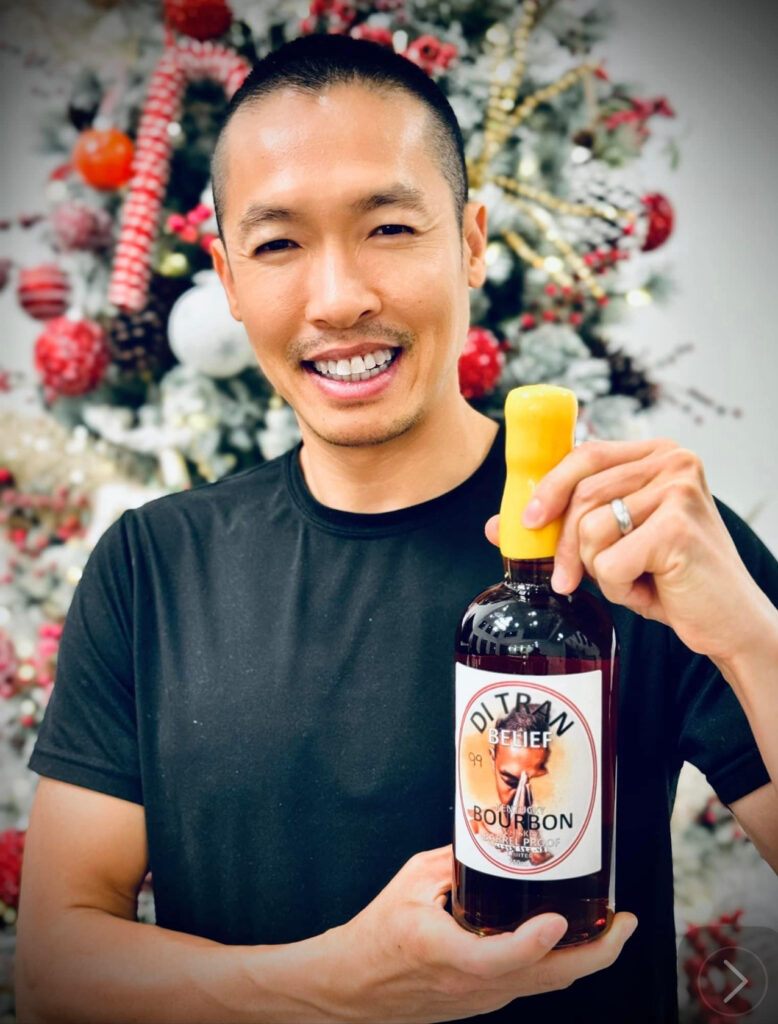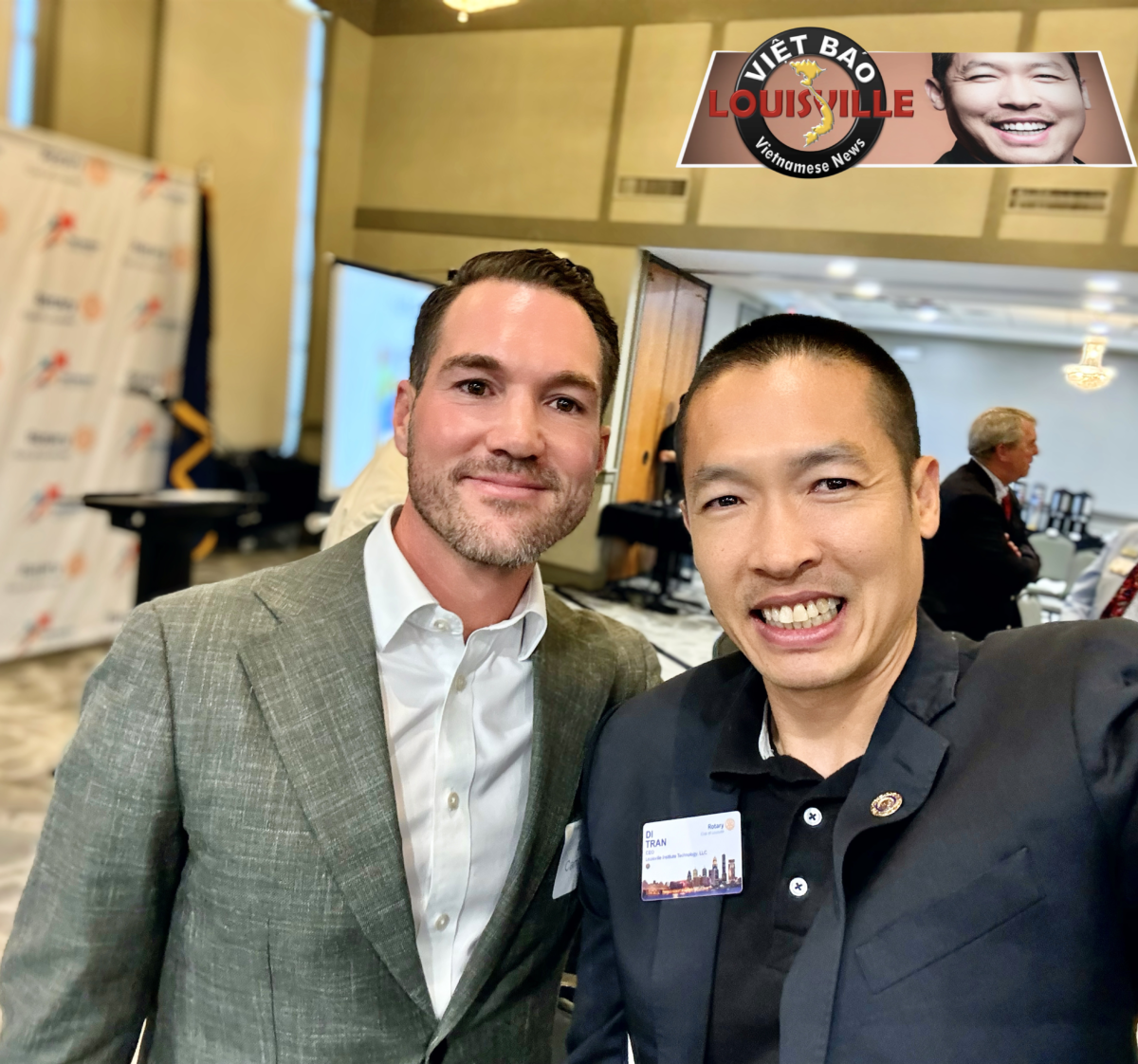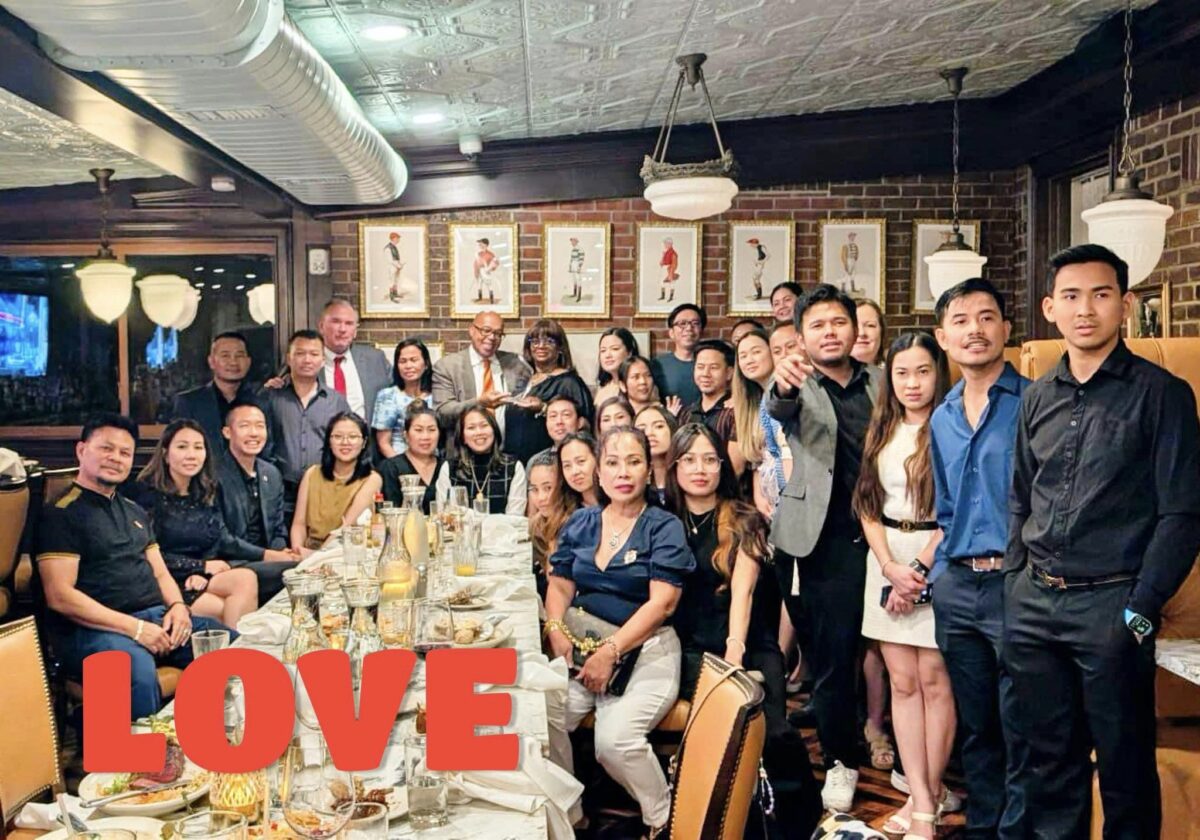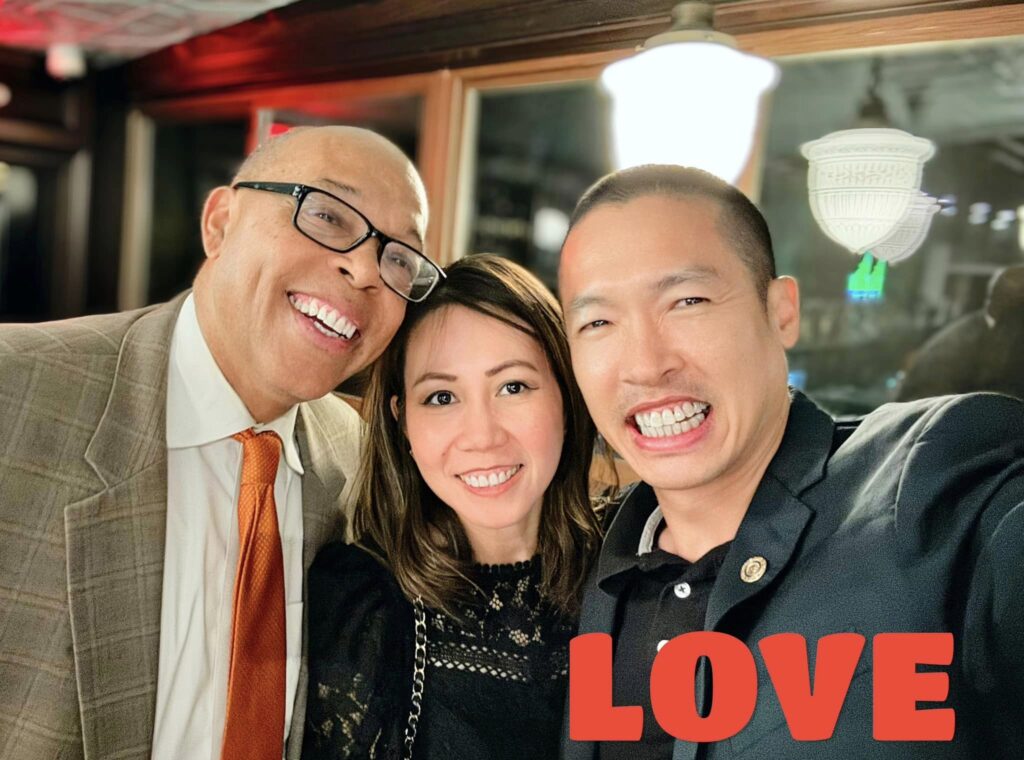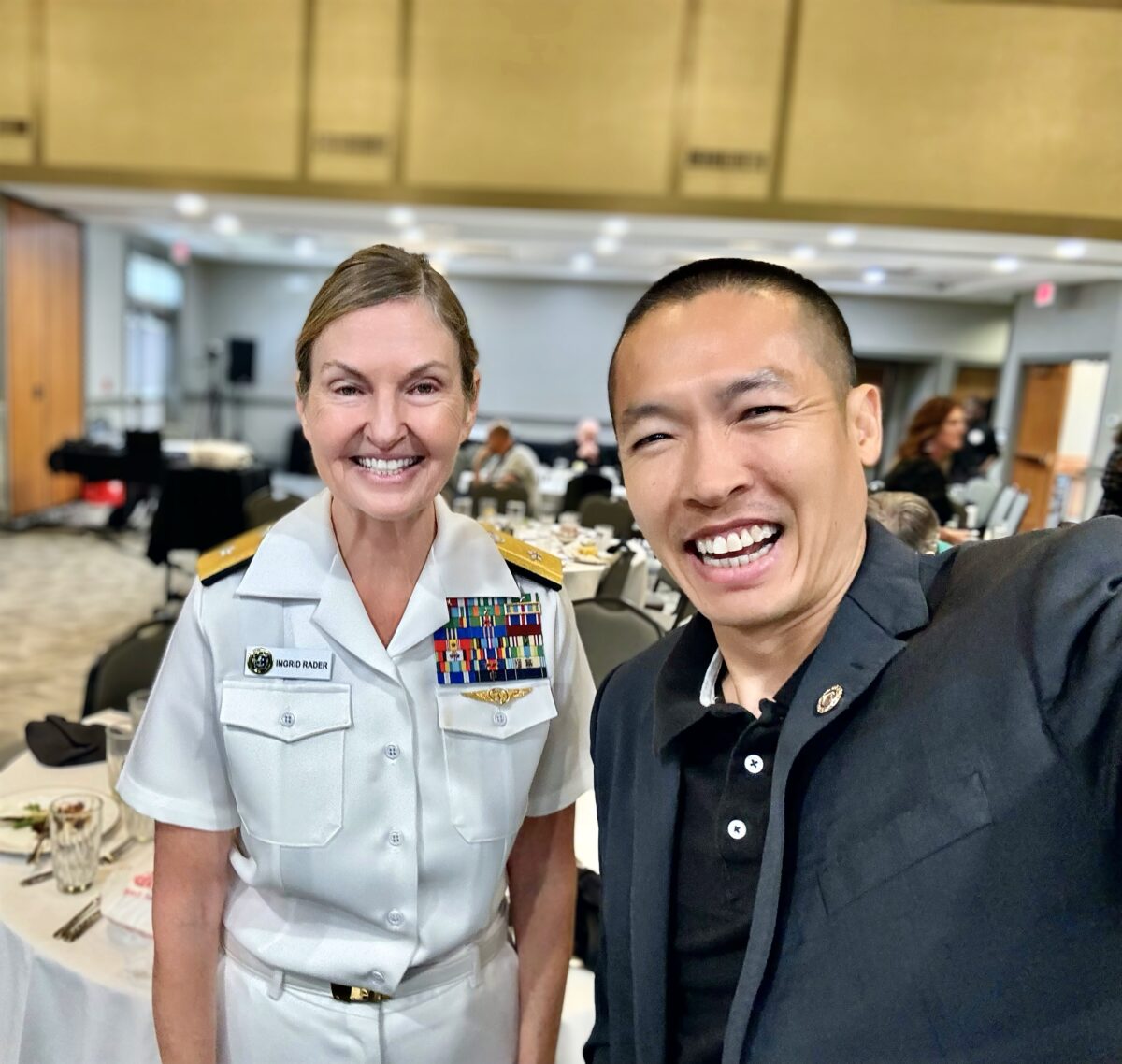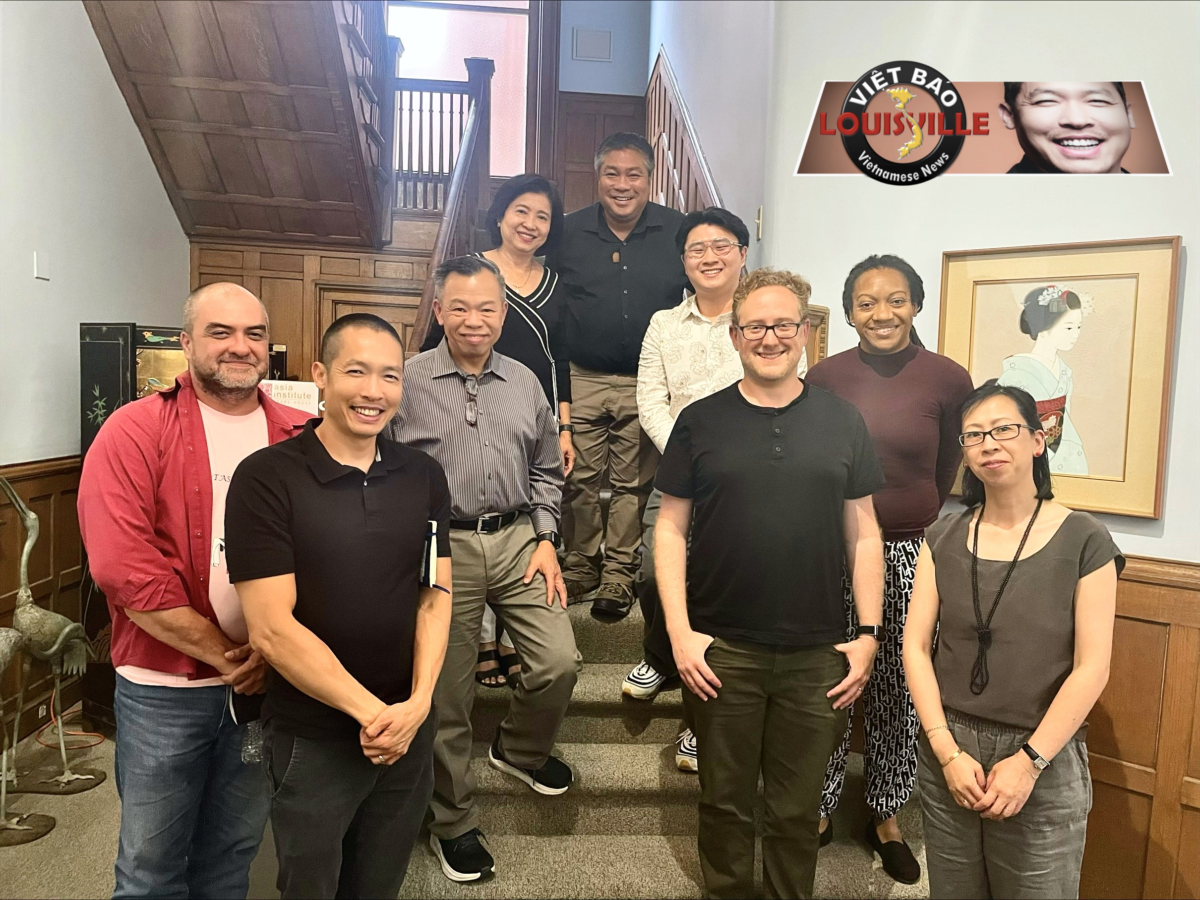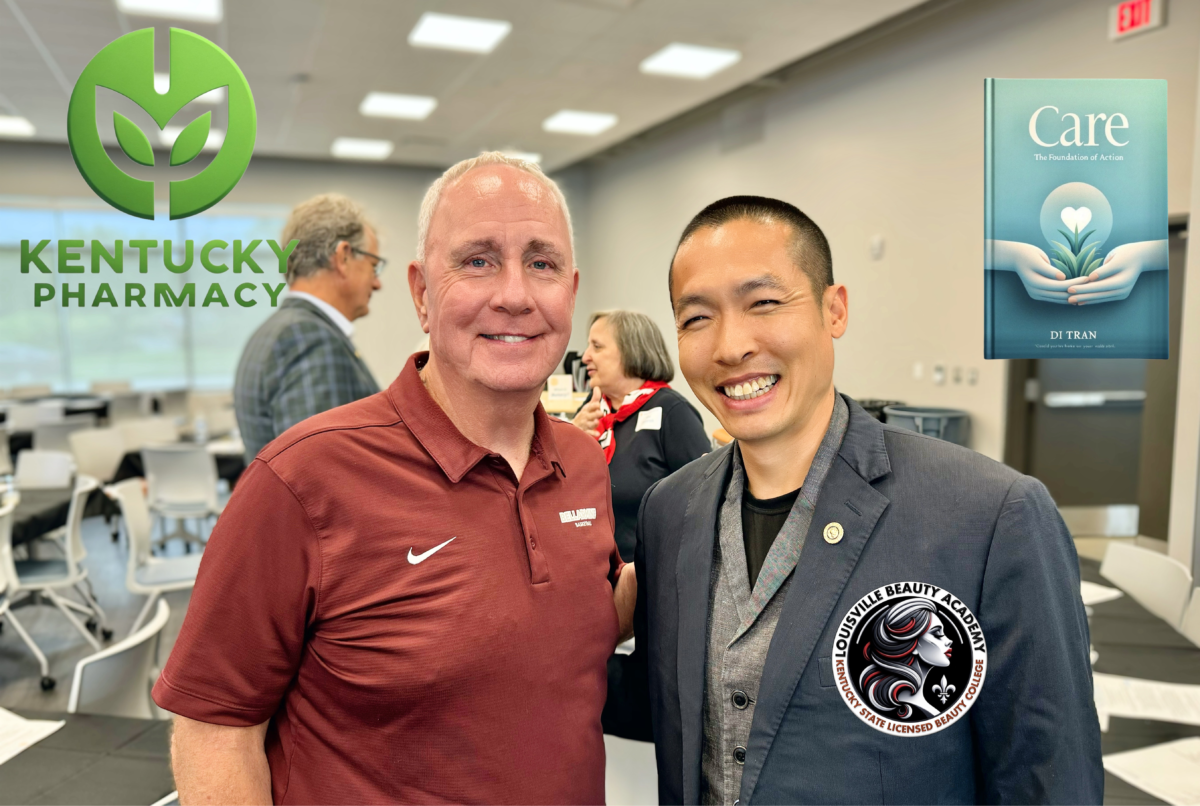In a world often marked by division, there are individuals who rise above, driven by empathy and resilience to make a difference. Di Tran and Whitney Austin are two of these individuals—though their paths have not formally crossed in collaboration, they share a profound understanding of the weight that comes with caring for those affected by hardship.
Whitney Austin’s journey is both inspiring and sobering. After surviving twelve gunshots in a mass shooting, Whitney could have chosen to quietly heal. Instead, she took on the monumental task of advocating for responsible gun ownership and safety through her nonprofit, WhitneyStrong. Her work to reduce gun violence comes with an emotional weight, as she stands alongside victims and families whose lives have been forever changed. Every day, she carries the voices and stories of those affected by gun violence, a responsibility that can be heavy yet fuels her mission.
Di Tran, a Vietnamese immigrant and serial business owner in Louisville, felt a connection to Whitney’s story the moment he heard it. Although they are not yet collaborators, he respects her deeply. His journey began in a mud hut in rural Vietnam, and despite humble beginnings, he has worked to build multiple businesses, including ventures in affordable housing, that provide essential services and job opportunities. Di empathizes not only with those affected by gun violence but also with the homeless and underserved, individuals whose hardships echo the poverty he once knew.
When Di met Whitney at a Rotary Club event in Louisville, he took the opportunity to thank her personally. He recognized the toll her work must take, not just as an advocate but as a survivor carrying the collective pain of those impacted by gun violence. Di’s own experiences with armed threats in his businesses have shown him the pervasive fear and loss that accompanies such incidents. Like Whitney, he understands that empathy for others can sometimes be a heavy burden, yet it’s one that both feel compelled to bear.
In their own ways, Di and Whitney each strive to lift up their communities—Whitney through her advocacy for safer neighborhoods, and Di through his mission to create affordable housing and employment opportunities. Both understand that change doesn’t come without sacrifice and that the responsibility of standing alongside the vulnerable can be weighty. Yet, they also share the belief that such empathy-driven work is essential for creating a better world.
Their meeting serves as a reminder of the strength found in shared empathy and the potential for leaders to inspire one another. Though they have yet to work together, Di Tran’s admiration for Whitney Austin is a testament to the power of resilience, empathy, and purpose. Together, they embody the Rotary Club’s spirit of service, reminding us all that true change begins when we dare to carry the weight of others’ struggles—and refuse to put it down.

